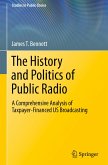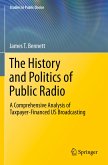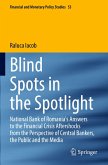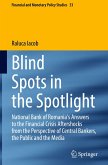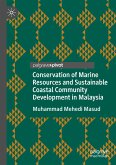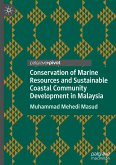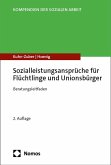This monograph, based on the author's successful PhD dissertation, examines the community radio (CR) landscape in Nepal, India, and Bangladesh. It introduces an inclusionary South Asia-specific framework for analyzing CR, grounded in global alternative media theories.
Using a mapping methodology, the monograph presents both primary and secondary data. Secondary data, gathered through desk reviews, is organized into a Community Media Database (CMD) for South Asia, while primary data from interviews and case studies is analyzed across four thematic areas: policy environment, ownership, community, and programming.
The book offers detailed country profiles, case studies profiles, and a comprehensive analysis of the thematic areas in each country. It concludes with 24 guiding principles aimed at addressing challenges and opportunities for CR in South Asia.
Using a mapping methodology, the monograph presents both primary and secondary data. Secondary data, gathered through desk reviews, is organized into a Community Media Database (CMD) for South Asia, while primary data from interviews and case studies is analyzed across four thematic areas: policy environment, ownership, community, and programming.
The book offers detailed country profiles, case studies profiles, and a comprehensive analysis of the thematic areas in each country. It concludes with 24 guiding principles aimed at addressing challenges and opportunities for CR in South Asia.



